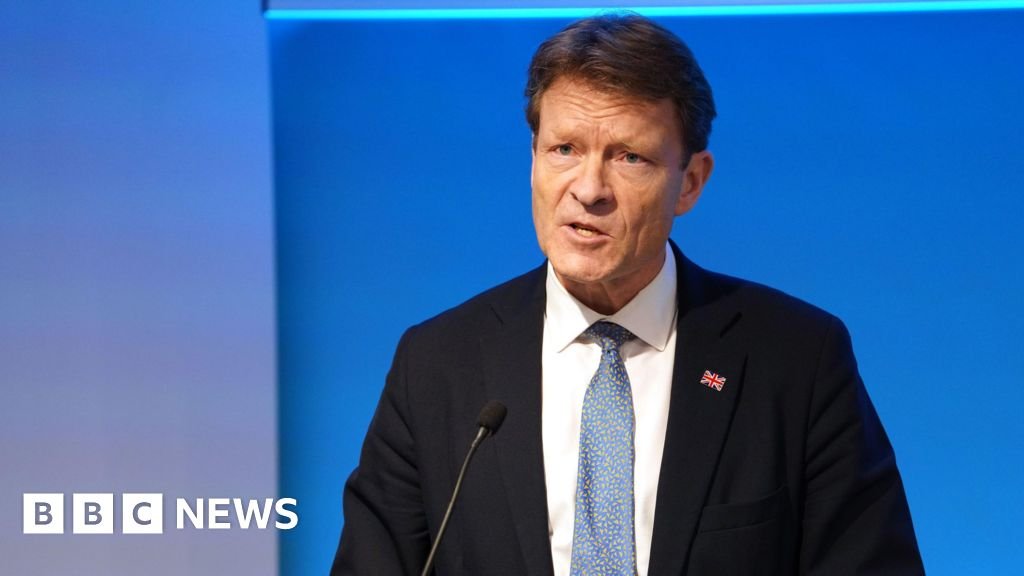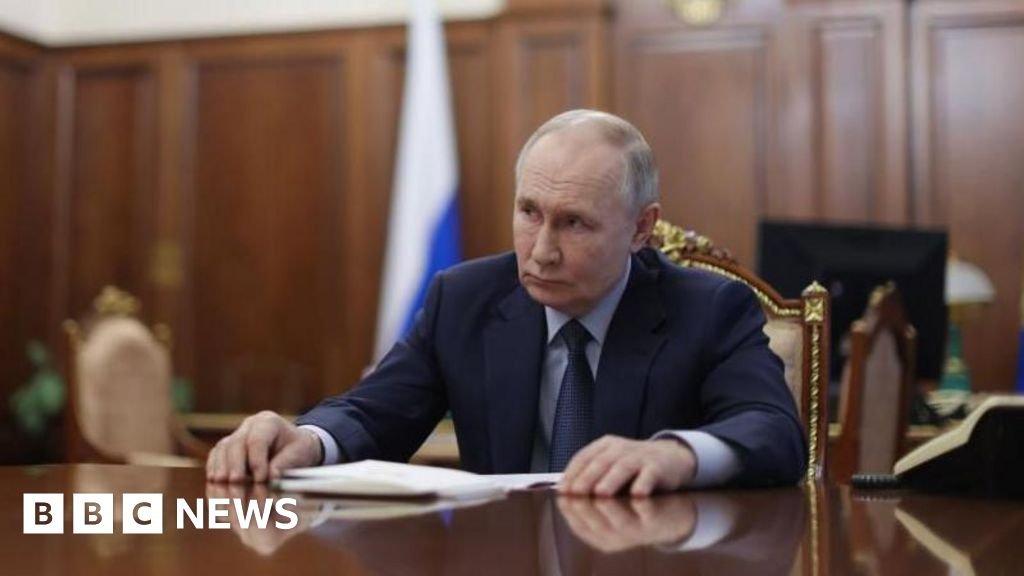The Prince of Wales was behind a film camera, being rolled along tracks, gradually closing in on a journalist, inch by inch.
It was not a reporter’s fever dream, but a movie scene on the roof of the London Screen Academy in north London, where Prince William is test-driving the state of the art facilities in a sixth form academy dedicated to teaching film and TV skills.
He checked out the costume department too, where he saw a steampunk outfit with a lot of holes, hooks and tartan.
“I might wear it on a Saturday night out,” he said to the students showing him round.
Prince William is president of Bafta, the British film and television industry body, and has spoken about the importance of widening doors to a notoriously who-you-know industry.
The London Screen Academy, with 900 students, exists to widen those doors, offering practical skills in movies and televisions, all for free, alongside learning English and maths A-levels.
Although there might be a successful TV and film industry in the UK, access to jobs is still too often limited to “white, middle class” youngsters, the school’s co-founder and movie producer, Tim Bevan, told the prince.
Bevan, is co-chairman of Working Title Films and has seen students moving from the school on to some of his recent films, including the forthcoming Bridget Jones: Mad About the Boy and Blitz.
He said the industry was “doing very well, but there was not “a broad enough cross-section of people working within it”.
“We wanted to provide the opportunity for people from diverse backgrounds, from not so much privilege,” he said.
Prince William, who was commended by a student for his camera skills – “very smooth, nice pan, did a good job”, seemed impressed by the energy and opportunities offered by the academy.
He said he wanted it to encourage young people from families who might have seen the film and TV industry as being an “elite environment”.
“It feels a lot of people don’t know that they can be in the film industry,” said Prince William, adding it was “distant from reality” for many.
The prince was shown the make-up department, looking rather tentatively around a room filled with wigs, bright lights, and various levels of unusual make-up.
He held out a hand to try out prosthetic skin, of the type used in zombie films, and said the post-apocalyptic TV series The Last of Us had been “quite full on”.
It was a relaxed and lively visit, no ties in sight, with the prince getting to take part in the final scene, in a mini-movie based on the idea of a London where music is banned.
“Silence means security,” said one of the fictional posters, as the prince glided past for the camera shot.
Among the student film crew was Kendra Nwogu, aged 18, from Essex, who never thought that she would get these kind of skills, thinking that working in the movies was “not a realistic job” and must involve a “magic gateway”.
She found about the London Screen Academy by googling, and now she is part of a course that will give her practical links to the film industry.
“I can have lessons about film. I can learn about cameras. I can learn about sound. I can learn about lighting. And anyone can do it,” she said, as she marshalled the filmmaking by the royal visitor.
It is about bridging the gap to make things seem possible.
For Prince William it was a rare chance to be behind the camera after a lifetime in front of its unforgiving gaze.
“Action,” shouted a student as his camera moved and clapperboard snapped. And the point of a place like this is to achieve action in real life, as well as on the screen.



